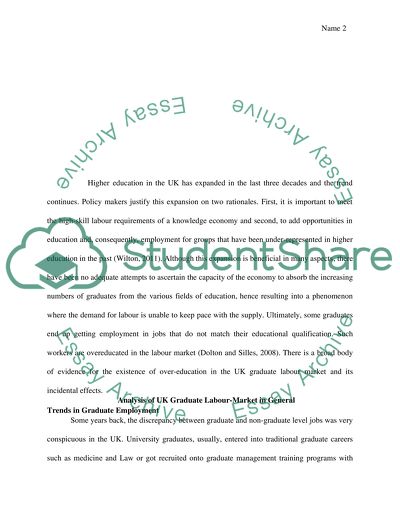Cite this document
(Over Education in the UK Graduate Market Research Paper, n.d.)
Over Education in the UK Graduate Market Research Paper. Retrieved from https://studentshare.org/education/1661541-over-education-in-the-graduate-labour-market-researched-literature-review
Over Education in the UK Graduate Market Research Paper. Retrieved from https://studentshare.org/education/1661541-over-education-in-the-graduate-labour-market-researched-literature-review
(Over Education in the UK Graduate Market Research Paper)
Over Education in the UK Graduate Market Research Paper. https://studentshare.org/education/1661541-over-education-in-the-graduate-labour-market-researched-literature-review.
Over Education in the UK Graduate Market Research Paper. https://studentshare.org/education/1661541-over-education-in-the-graduate-labour-market-researched-literature-review.
“Over Education in the UK Graduate Market Research Paper”, n.d. https://studentshare.org/education/1661541-over-education-in-the-graduate-labour-market-researched-literature-review.


